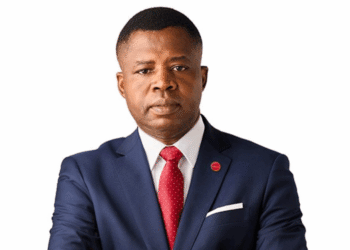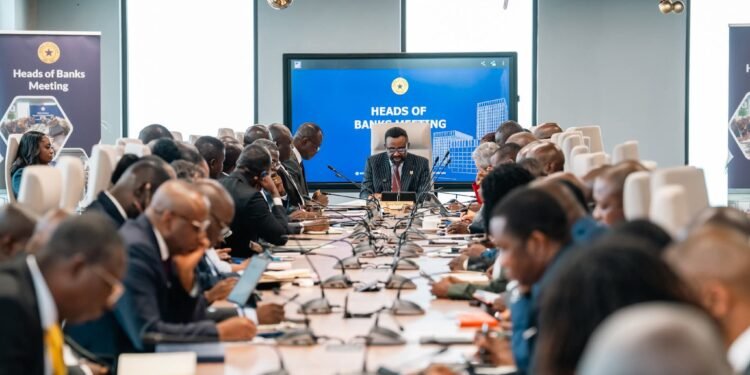Former Minister of Power and governance consultant, Dr. Kwabena Donkor, has issued a stern warning about the state of corporate governance in Ghana, particularly within indigenous banks.
Dr. Donkor stated that a longstanding culture of weak corporate governance is undermining Ghanaian businesses and stunting their growth.
According to Dr. Donkor, governance failures are deeply entrenched across both state-owned enterprises and private indigenous companies, but Ghanaian-owned banks appear to be the worst affected. The repeated collapse or stagnation of these businesses, he argues, stems from a fundamental issue: appointments made based on loyalty rather than competence.
Dr. Donkor highlighted that many Ghanaian entrepreneurs continue to appoint children, relatives, and close friends as directors, even when they lack the capacity or knowledge to effectively manage the role. “At the heart of our business failures—whether public or private—is poor corporate governance. Absolutely poor corporate governance,” he lamented.
He emphasized that this practice not only weakens the institutions but also violates the Companies Act, 2019 (Act 992), which clearly defines the responsibilities and duties of company directors. Despite these legal requirements, many directors in the private sector remain unaware of their obligations, leaving companies exposed to weak leadership and poor decision-making.
Cultural Challenges in Business Leadership
Dr. Donkor argued that Ghana faces a deeper cultural challenge of being uncomfortable with knowledge. Many business owners reportedly avoid appointing highly qualified individuals because they fear opposition or losing personal control. “We seem to be a people afraid of knowledge,” he stated.
He further elaborated, “Appointments are made that border on mediocrity, simply because some owners want to maintain unnecessary personal control.” This culture, he warns, has serious consequences for local banks, with boards often unable to interpret financial statements or provide meaningful oversight. Weak boards directly translate into weakened institutions and eventual collapse.
The former minister expressed disappointment with the Ghana Institute of Directors, despite its influence and mandate to promote good governance.
“Unfortunately, the Institute of Directors, of which I’m a fellow, has been too quiet. They must strengthen their public advocacy and bring mainstream corporate governance issues to the fore.”
Dr. Kwabena Donkor
Dr. Donkor urged the Institute to become more proactive in championing reforms, educating the public, and sparking national dialogue on how directors are appointed and trained. According to him, strong public advocacy can help break the cycle of poor governance and build stronger business institutions.
Lessons from Other Countries
Pointing to Namibia as an example, Dr. Donkor revealed that director appointments in some countries are regulated. Individuals are required to pass corporate governance examinations before being considered for state board roles. He believes Ghana must adopt a similar model to prioritize competence and accountability.
He outlined key areas for reform, including appointing qualified directors based on competence rather than loyalty, ensuring directors fully understand their duties under the law, implementing performance-based remuneration, and developing a national pool of trained board members.
Without these reforms, Dr. Donkor warns that Ghana will continue to experience business failures and institutional stagnation. “Weak corporate governance is not just a procedural issue. It is the core problem behind our banks’ vulnerability and the poor performance of local businesses,” he noted.
He added that reforming corporate governance structures is essential for ensuring that banks and other enterprises operate efficiently, make informed financial decisions, and build investor confidence. “Unless we address these systemic issues, we will continue to see Ghanaian businesses falter while the potential for growth remains untapped,” Dr. Donkor said.
The warning from Dr. Kwabena Donkor highlights a pressing issue for Ghanaian businesses, particularly local banks. Weak corporate governance, nepotism, and a fear of knowledge are creating conditions that threaten the stability of these institutions. With urgent reforms, strong advocacy from the Ghana Institute of Directors, and a cultural shift toward competence and accountability, Ghanaian businesses can strengthen their boards, improve oversight, and secure a more sustainable future.
READ ALSO:Zelenskyy Holds Joint Call With Allies Over US Peace Plan























